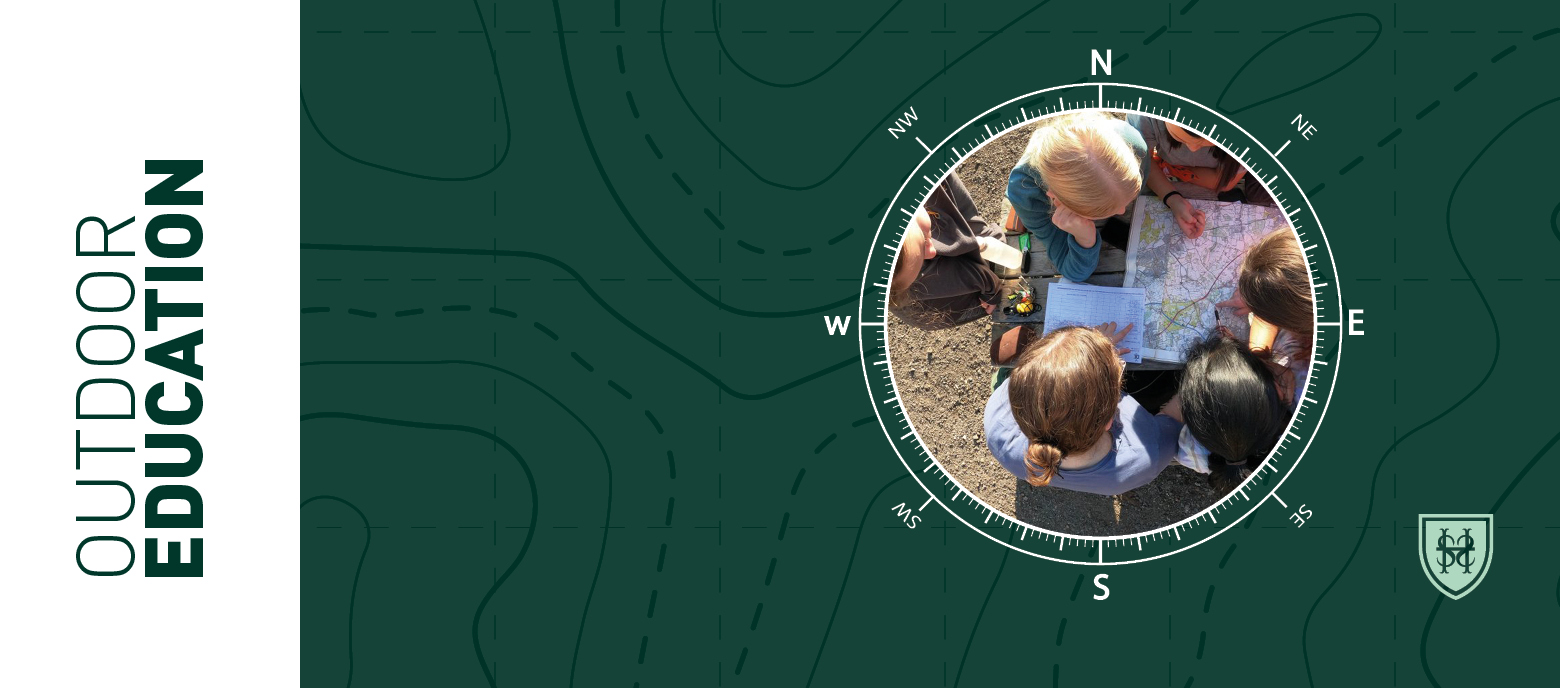“The function of education is to teach one to think intensively and to think critically. Intelligence plus character—that is the goal of true education.” -Martin Luther King Jr.
Outdoor education in conjunction with sports, music, performing arts and our growing co-curricular program’s across the school are the bridge that connects a pupils intellectual and academic success to their character development. In essence it builds on a persons own potential to develop them into a truly remarkable person. Outdoor learning, fosters a love for the world around us. Adventures feed our souls and encourage us to push beyond our limits and fail forwards. Failing forwards is vital to learning to deal with the ups and downs of a changing world.
Beyond the Classroom: Unlocking Growth in Young Minds Through Outdoor Education and Adventure
In an age dominated by screens and structured schedules, the call of the wild beckons louder than ever. And for young people, venturing beyond the classroom walls into the vibrant embrace of nature can be transformative. Outdoor education and adventure offer a potent cocktail of experiences that nurture not just physical health but also social, emotional, and cognitive development in ways that traditional classrooms often struggle to replicate.

Building Resilience and Confidence:
Stepping outside the comfort zone, whether scaling a rock face or navigating a wilderness trail, presents challenges that demand grit and determination. Overcoming these hurdles, be it conquering a fear of heights or deciphering a map, instills a sense of accomplishment and builds resilience. As young people grapple with unfamiliar terrain and unexpected situations, they discover hidden strengths and learn to trust their own resourcefulness. This newfound confidence spills over into all aspects of their lives, shaping them into individuals who are unafraid to tackle new challenges and embrace the unknown.

Fostering Teamwork and Collaboration:
Outdoor adventures are rarely solo endeavors. Whether navigating a rushing river in a raft or pitching a tent under a star-studded sky, collaboration becomes paramount. Young people learn to communicate effectively, work towards shared goals, and rely on each other’s strengths. The shared experiences and triumphs forge strong bonds, fostering empathy and a sense of belonging. These lessons in teamwork and collaboration translate seamlessly into classrooms, sports teams, and future workplaces, equipping young people with the skills to thrive in any collaborative environment.
Igniting a Love for Learning:
Learning in the classroom can sometimes feel abstract and disconnected from the real world. Outdoor education, however, brings learning to life. Every rock, every leaf, every insect becomes a teacher, sparking curiosity and a thirst for knowledge. The hands-on, immersive nature of outdoor experiences engages multiple senses and learning styles, making it easier for young people to grasp complex concepts and retain information. Whether studying the constellations on a camping trip or identifying animal tracks in the woods, they learn not just facts but also the interconnectedness of nature and the joy of discovery.
Promoting Wellbeing and Mental Health:
The pressures of academics, social media, and an increasingly competitive world can weigh heavily on young minds. Spending time outdoors, surrounded by the calming embrace of nature, has a profound effect on mental well-being. Studies have shown that exposure to green spaces reduces stress, anxiety, and depression, while boosting mood and cognitive function. The rhythmic sounds of nature, the fresh air, and the physical activity inherent in outdoor adventures work in concert to create a natural sanctuary for young minds and bodies.

Connecting with Nature and Building Environmental Stewardship:
Outdoor education and adventure not only introduce young people to the wonders of nature but also cultivate a deep sense of respect and responsibility towards the environment. Witnessing firsthand the beauty and fragility of natural ecosystems fosters a desire to protect them. As young people learn about sustainability, conservation practices, and the impact of human actions, they become not just passive observers but active stewards of the planet. This environmental awareness will be crucial in shaping a generation that understands the importance of living in harmony with nature.
In conclusion, outdoor education and adventure offer far more than just a break from the routine. They are potent catalysts for personal growth, building confidence, resilience, and a love for learning. The lessons learned and bonds forged in the great outdoors equip young people with the skills and values they need to navigate the challenges and opportunities of life, shaping them into responsible, capable, and environmentally conscious individuals. So, let us encourage our young people to trade the screens for the stars, the textbooks for towering trees, and embark on journeys that will not only broaden their horizons but also shape their hearts and minds.
Remember, the next time you see a group of young people venturing into the wild, look beyond the backpacks and muddy boots. You might just be witnessing the seeds of a brighter future being planted, one leaf, one trail, one adventure at a time.



